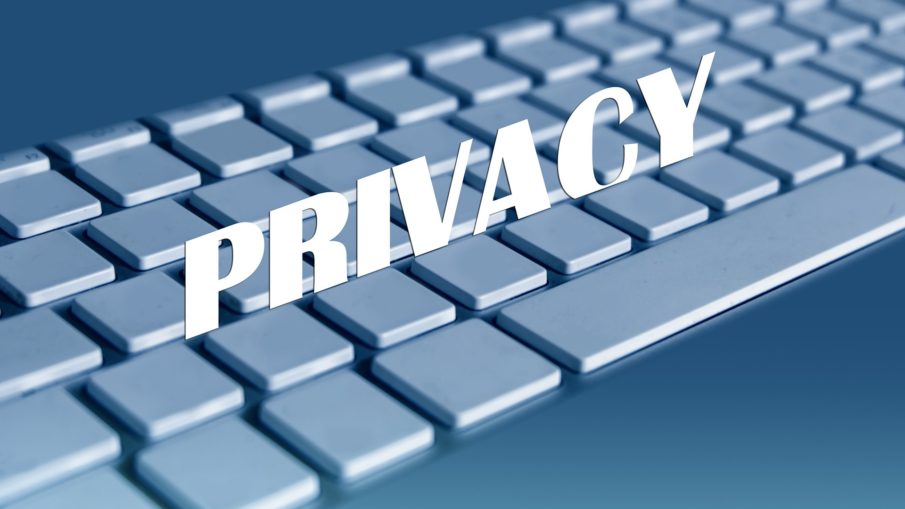As odd as it may sound, consumers’ personal information is the hottest commodity among many verticals and industries nowadays.
Our online privacy has never been more endangered and the use of it is versatile, with not only hackers working tirelessly to come up with new ways of accessing it, tracking it, and monetizing it.
With your full name, phone and address, a skilled con artist can do almost everything, and a tech savvy company can too, be it advertising or even a simple information/lead sale to another vendor etc’. These information transactions are a reality. It is up to us to defend ourselves. How? By getting well informed and protected!
Every virtual hub which requires a login and a profile details is a potential data leak or exposure. Social networks, online stores, e-commerce websites and email accounts are where hackers hit the most.
Where Hackers Attack the Most?
Both email and profiles contain some identical information such as a full name, a phone number and a ZIP code – all of which are used for identity thefts.
Usually, the first targets are social networks and retail-oriented websites as they contain everything a hacker needs and they are easier to access.
The majority of people leave their addresses, phone numbers and of course full names on social media. In addition, there are segments such as school, work, and photos which can all be used by the hackers/con artists. With so much information you are becoming the perfect target for information phishing and identity theft.
Ease of access comes from cookie usage policies. The main reason cookies are used for is retrieval and diagnostics of one’s online behavior. This way website’s owners know how to improve their services for the users. When in the wrong hands cookies can reveal passwords, usernames, emails, etc. – Exposing your most sensitive personal information.
Most shopping websites and e-commerce portals still require complete personal information profiles . Despite FTC’s regulations there are still loopholes, and this time, your credit cards are compromised as well.
Web mail correspondence, being the centerpiece of all communications today, tends to reveal your most sensitive information too – with most likely your full name, address, social security information and more – all there, up for grabs…
The Best Protection?!?
Every digital service mentioned above is usually pretty protected. However, the ones who are usually unprotected are the users. That’s why the best protection is one performed locally on your very own computer.
PC Privacy Shield‘s first goal is to protect your digital privacy. PC Privacy Shield has proven itself both in professional security and privacy lab tests as well as with real clients satisfaction rates. The software is focused on wiping all potentially sensitive data which may compromise one’s digital safety.
Digital footprint is a small piece of information we either lose or leave behind while using the internet. By collecting these pieces, hackers crack into computers.
The software is easily utilized and provides various options to the users. Firstly, it collects every piece of information with a deep scan. After only a few seconds a full report is assembled, displaying all usernames and passwords, addresses, phone numbers and names that are potentially logged on one’s PC. It’s up to users to decide now, what stays and what goes.
This process has to be performed regularly in order to stay effective. We therefor included a scheduled cleanup for users to define. For advanced users, there are some other useful options, like placing dummy website information and additional password protection levers.
If you don’t want to spend an extra dollar for your safety you can always try some other methods.
Every browser allows cookie cleaning. This will keep you safe from being compromised to some extent. But, it won’t remove your digital footprint. Another option browsers offer is incognito mode. This way you’ll protect your browsing history, user names and passwords. On the other hand, this mode proved itself easy to crack and some data will be endangered for sure.
Risks to our personal information will always be out there. It is first and foremost up to us to protect our own information beyond any external website and portal security.

